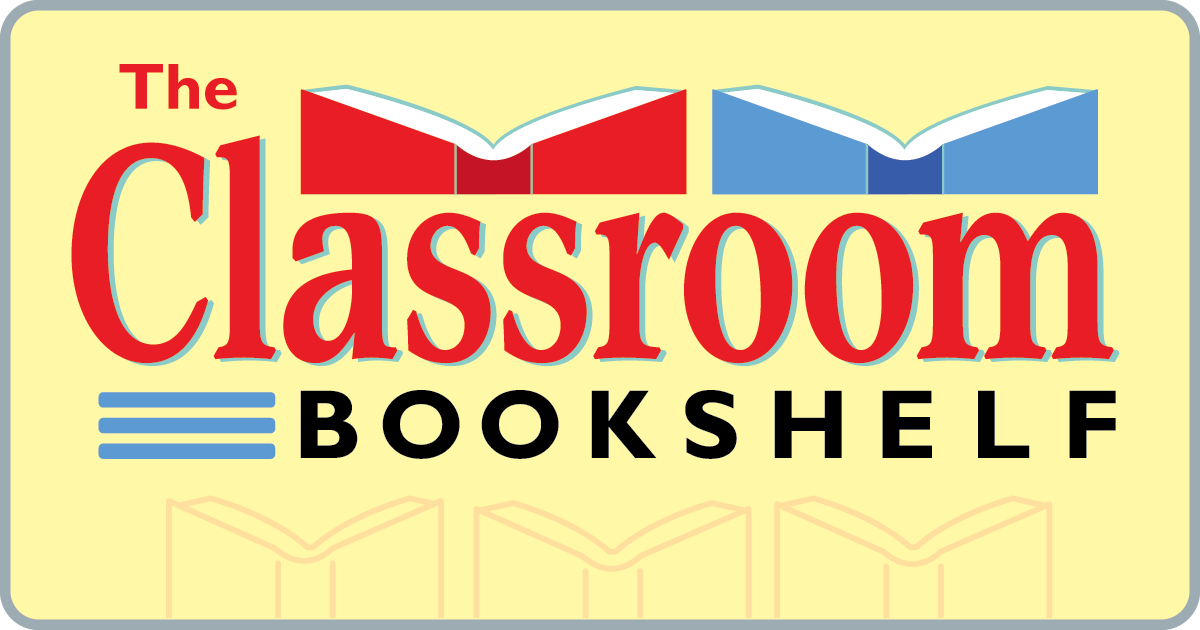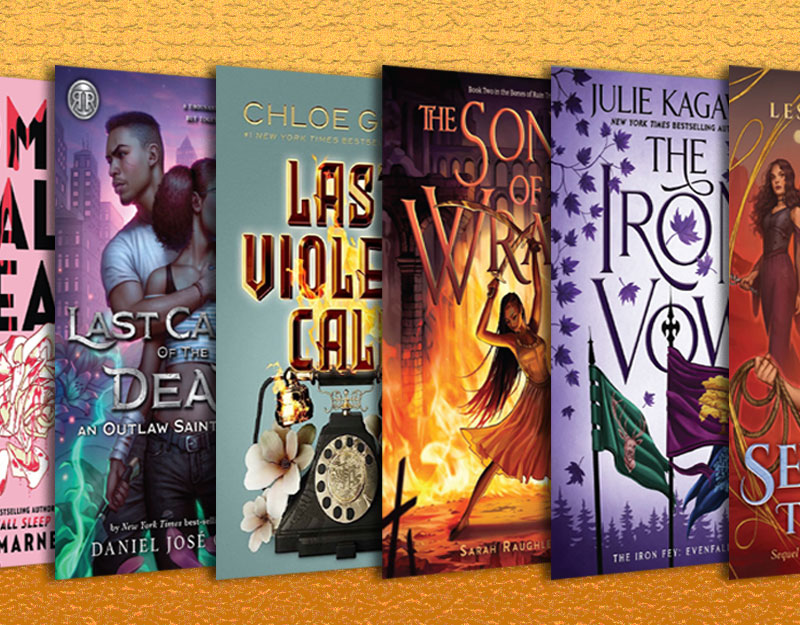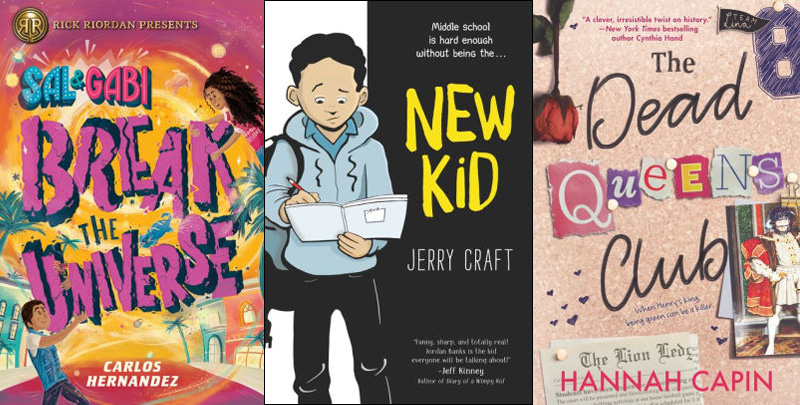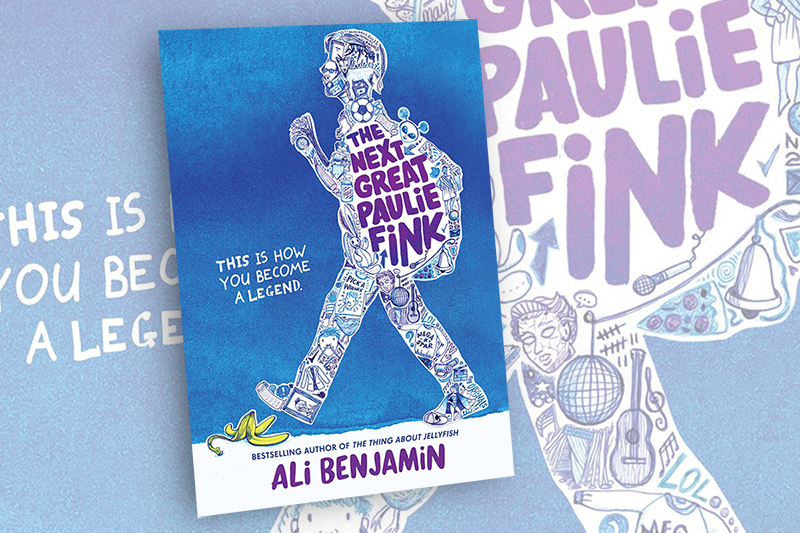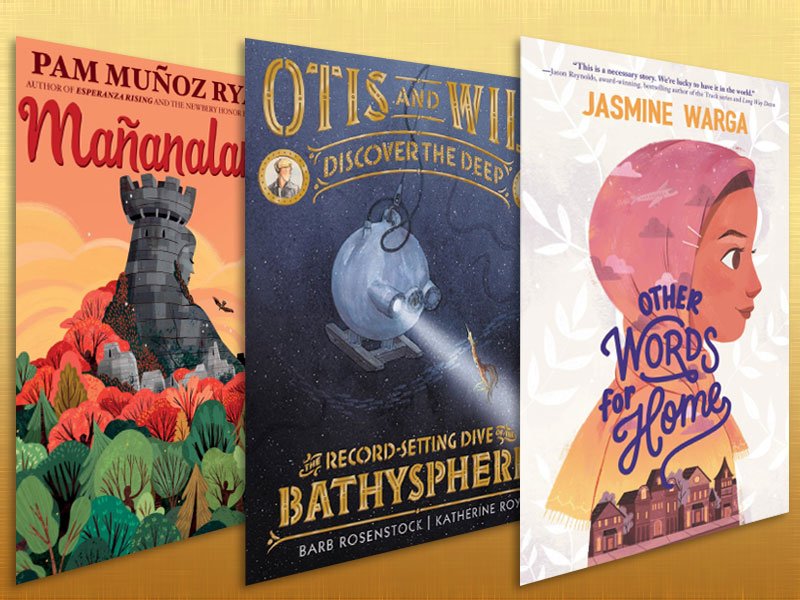Teaching to Complexity: A Framework to Evaluate Literary and Content-Area Texts
Published by Shell Education, 2014
ISBN: 9781425814601
This week, we celebrate the publication of Erika and Mary Ann’s new book, Teaching to Complexity: A Framework to Evaluate Literary and Content-Area Texts.
As we write in our introduction: “The texts we ask students to read matter. They influence their knowledge of the world, their recognition of multiple perspectives, their ability to develop empathy, their understanding of how inquiry operates, and their perception of how people use literacies to express their understanding of the world around them, whether through a historic speech, a picture book, podcast, or poem. Our goal in writing this book is to support you as you select the texts that will make a difference in your students’ learning today, next month, and in years to come.”
As you know, each week on “The Classroom Bookshelf,” we, along with Grace and Katie, offer examples of expertly written children’s and young adult books that offer a wide range of teaching and learning opportunities. We try to model, week after week, the ways in which well-written books can serve a number of roles in language arts and content area classrooms and meet a variety of instructional purposes.
But how do we identify these books? How do we consider the strengths and weaknesses of books as we contemplate books for this blog? How does our thinking about instructional purposes and possibilities shape how we read books we’re considering for classroom use? How does our understanding of readers influence our choices and the instructional activities we suggest for the same book at different grade spans?
ADVERTISEMENT
ADVERTISEMENT
If you’re a fan of our earlier book, Teaching with Text Sets, you can consider Teaching to Complexity its “back story.” In it, we articulate the processes that we use to select texts for classroom use, and situate those processes within the current landscape of the Common Core’s emphasis on text complexity. We provide a pathway for both new and experienced teachers to follow, one that reflects our beliefs about the importance and centrality of beautifully written books for children and young adults, not just in their personal reading lives, but as a central component of curriculum in language arts, science, social studies, and the arts.
As such, the book is a primer for selecting texts for classroom use. We seek to give you a deeper understanding of how texts operate, the nuances of genres, and why having “good” books in the classroom matters. We link an evaluation of the quality of a book with its role in the classroom, and discuss the many, many different purposes for using books across the content areas, and how that shapes your approach to selecting a text. We then bring in a conversation about readers, matching the quality and utility of the book with a consideration of text complexity.
Ultimately, we share an understanding of text complexity as something malleable, not fixed, dependent upon not just the range of readers in the room, but the context in which a text is being used, and how the other texts within the text set are positioned. Depending upon how any single text is being used within a text set, it may be more or less complex for readers. In Teaching with Text Sets, we discuss how some texts in a text set are scaffolds, some are immersion experiences, and some extensions. These roles within the text set and the curriculum are pivotal points for considering the ways in which text complexity can be considered.
If you’re in the Boston area, please join us at Lesley University to celebrate the book launch on Wednesday, November 19th at 5 pm. To register for this free event, and get a free copy of Teaching to Complexity, follow this link: http://www.lesley.edu/EventDetail.aspx?id=19336
If you’re going to NCTE in Washington, please join us at our panel with School Library Journal’s Daryl Grabarek. We’ll be talking about the processes for selecting texts and apps for use in text sets. You’ll find our session details here: http://center.uoregon.edu/NCTE/2014AnnualConvention/program/session_details.php?sessionid=2021982 .
Grace will also be presenting at NCTE, and you can find her session details here: http://center.uoregon.edu/NCTE/2014AnnualConvention/program/session_details.php?sessionid=2197636
You can order the book at:
Shell Education: http://estore.seppub.com/estore/product/51460
Filed under: Classroom & Curricular Ideas
About Erika Thulin Dawes
Erika is a professor of language and literacy at Lesley University. A former classroom teacher, reading specialist, and literacy supervisor, she now teaches courses in children’s literature, early literacy, and literacy methods. Erika is the co-author of Learning to Write with Purpose, Teaching with Text Sets, and Teaching to Complexity.
ADVERTISEMENT
ADVERTISEMENT
SLJ Blog Network
The Moral Dilemma of THE MONSTER AT THE END OF THIS BOOK
Cover Reveal and Q&A: The One and Only Googoosh with Azadeh Westergaard
K is in Trouble | Review
Fighting Public School Book Bans with the Civil Rights Act
ADVERTISEMENT

